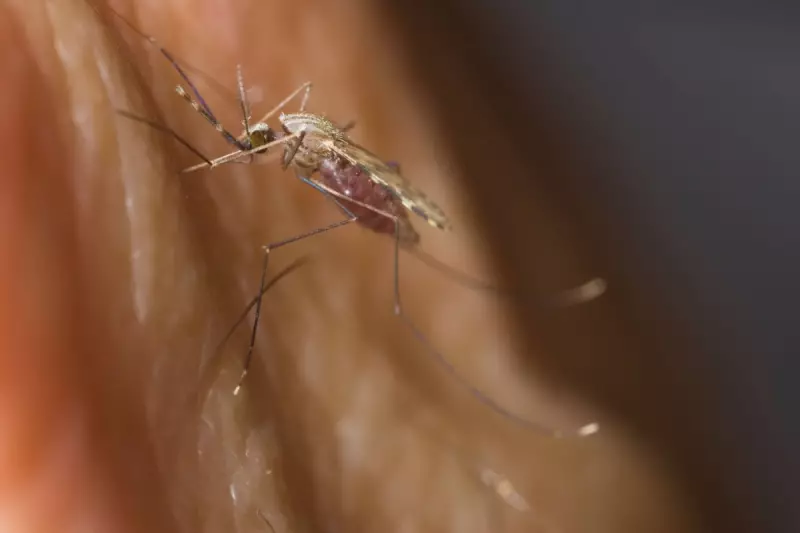
In a revolutionary study that challenges long-held assumptions about genetic heritage, scientists from London's Natural History Museum have unveiled how British DNA is playing a pivotal role in reconstructing Africa's complex genetic tapestry.
The research team has made the startling discovery that DNA contributions from British individuals are helping to fill critical gaps in our understanding of African ancestry, revealing migration patterns and genetic diversity that have remained hidden for centuries.
The DNA Detective Work
Researchers have been analysing genetic material from both contemporary British volunteers and historical samples, creating a comprehensive database that's providing unprecedented insights into African genetic history. This innovative approach is helping trace migration routes and population movements that traditional archaeological methods alone could never uncover.
Beyond Borders: A Shared Genetic Heritage
The study demonstrates that human genetic history knows no modern political boundaries. British DNA contains markers and sequences that are directly relevant to understanding African genetic diversity, highlighting how interconnected human populations have been throughout history.
Scientific Implications and Ethical Considerations
This breakthrough research raises important questions about how we conceptualise genetic ancestry and identity. The findings challenge simplistic notions of genetic purity and emphasise the mixed heritage of all human populations, including those within Africa itself.
However, the research team emphasises the importance of ethical considerations in such sensitive genetic studies, ensuring proper consent and respect for all communities involved in the research.
The Future of Genetic Research
This pioneering work at the Natural History Museum opens new avenues for understanding human migration patterns and genetic diversity worldwide. The methodology developed could revolutionise how we study human history through genetics, potentially applying similar approaches to other regions and populations.
The research team continues to collaborate with international partners, ensuring that the benefits of this genetic research are shared globally and contribute to a more nuanced understanding of human history.





